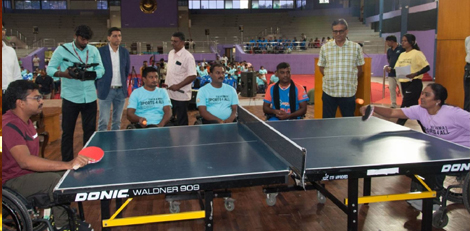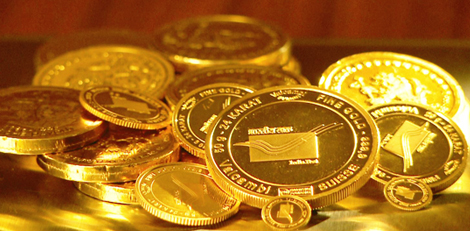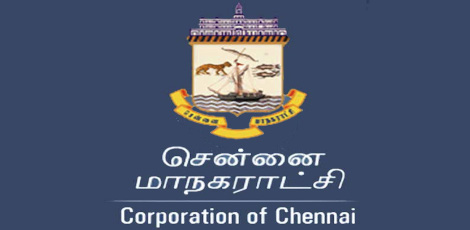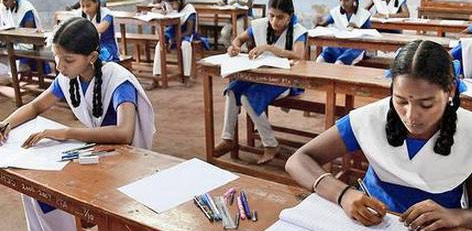Top Things that happened in 2017
Posted on: 28/Dec/2017 12:57:36 PM

2017 was quite an eventful year. Here is a short recap of the things you should know that happened this year:
1. Implementation of the Goods and Services Act:
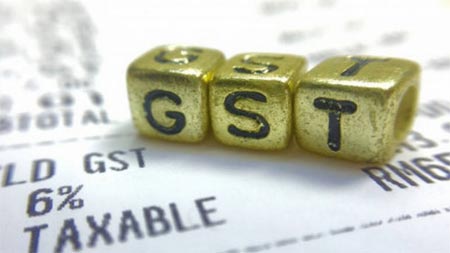
The GST is an indirect tax levied in India on the sale of goods and services. The tax came into effect from July 1, 2017 through the implementation of one hundred and first amendments by the Government of India. The tax replaced the existing multiple cascading taxes levied by the central and state governments. In a unanimous decision on August 4, 2016, the Rajya Sabha approved the crucial 122nd Constitutional amendment to turn the Goods and Services Tax Bill into a law. This marked the biggest tax reform in Indian history since Independence as it brought all indirect taxes under one uniform tax system.
2. The New President and Vice President of India:
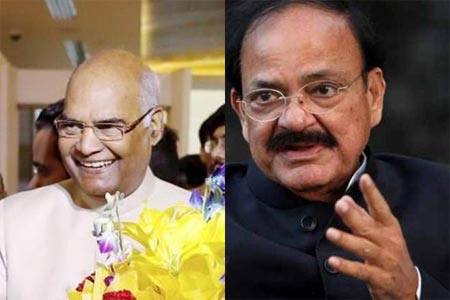
The Presidential Election was held in India on 17 July 2017, in which, Ram Nath Kovind became 14th president of India, taking over from Dr. Pranab Mukherjee. Governor of Bihar Ram Nath Kovind of the Bharatiya Janata Party had the backing of the governing National Democratic Alliance coalition, and went up against opposition candidate Meira Kumar of the Indian National Congress in the vote.
The elections to the next Vice-President of India, were held on 5 August 2017. Vice-President Mohammad Hamid Ansari, completed his second term on 10 August 2017.Venkaiah Naidu won the election and took oath as 13th Vice-President of India on 11 August 2017 at Darbar Hall, Rashtrapati Bhavan, New Delhi.
3. SBI merger:
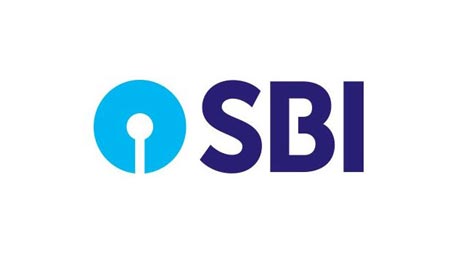
The State Bank of India merged with five of its associate banks on April 1st this year. The associate banks are State Bank of Bikaner and Jaipur (SBBJ), State Bank of Mysore (SBM), State Bank of Travancore (SBT), State Bank of Hyderabad (SBH) and State Bank of Patiala (SBP). After the merger, SBI became among the top 50 large banks of the world. SBI was ranked 52 in the world in terms of assets in 2015, according to Bloomberg, and a merger saw it break into the top 50.
4. Infosys� Vishal Sikka resigns:
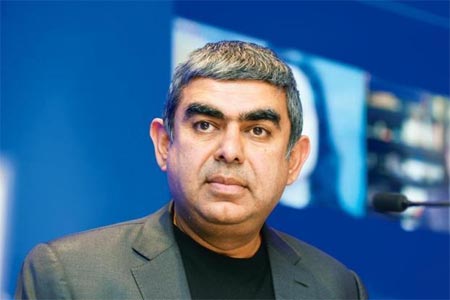
Infosys chief executive officer Vishal Sikka resigned on Friday after being at the helm for a little more than three years, a tenure which had started to show glimpses of revival at India`s second largest software services company but got increasingly messy since last year due to slower revenue growth and a tussle with the founders. Sikka, the first non-founder CEO of the Bengaluru-based company, took charge in 2014 and was succeeded by chief operating officer Pravin Rao.
5. The H1B confusion:
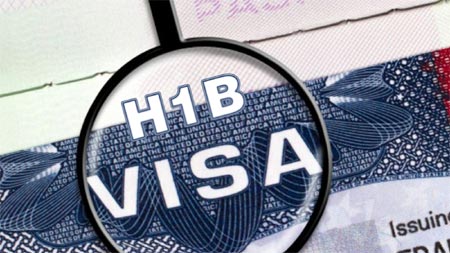
Amid the H1B visa row in which President Trump said and unsaid things about controlling the H1B visa, the US government said there has been no change in law regarding the H1B regime and the system continued to be as before. Following President Trump`s election as US president on a protectionist platform, the US has announced stricter norms for issuing the H1B and L1 visas. The US immigration agency then said that foreign workers in the US on a H1B work visa, the most sought after among Indian IT professionals, may work for more than one company.
The H1B visa has an annual numerical limit cap of 65,000 visas each fiscal year as mandated by the Congress. The first 20,000 petitions filed on behalf of beneficiaries with a US master`s degree or higher are exempt from the cap.
6. Manushi Chillar is crowned Miss World:
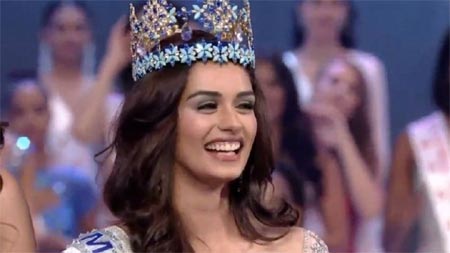
India�s Manushi Chhillar won the coveted Miss World 2017 crown at a grand event in China, bringing to an end the country�s dry spell of 17 years at the top pageant contest. The 20-year-old from Haryana, who is a medical student, edged out top five contestants from England, France, Kenya and Mexico at the event, which saw participation from 118 countries. �I think a mother deserves the highest respect and when you talk about salary it�s not always about cash but I feel it�s the love and respect that you give to someone. My mother has always been the biggest inspiration in my life. All mothers sacrifice so much for their kids. So, I think it is the job of a mother that deserves the highest salary,� Chhillar said to a wide-applause. Chhillar is the sixth Indian to win the coveted crown, which was first won by Reita Faria back in 1966. Aishwarya Rai had bagged the title in 1994, followed by Diana Haydon in 1997, Yukta Mookhey in 1999 and Priyanka Chopra in 2000, the last for India.
7. Cyclone Ockhi hits India:
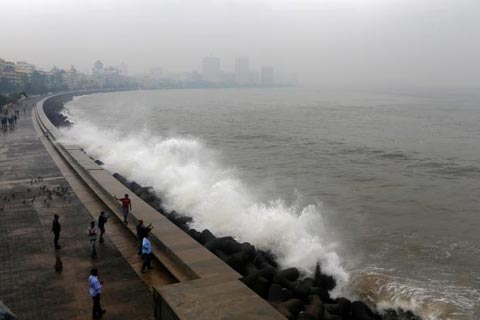
Cyclone Ockhi was named by Bangladesh after the Bengali word for "eye" and is considered to be the most intense cyclone to transverse the Arabian Sea. Originating near Sri Lanka over the Bay of Bengal on November 29, Cyclone Ockhi moved over the Arabian Sea via Kanyakumari, triggering heavy rains and high speed wind. A deep depression in the Bay of Bengal near Tamil Nadu intensified on November 30 and it strengthened on December 1. The cyclone moved to Lakshadweep on December 2. Currently, the storm is hovering over northern Maharashtra and is likely to make a landfall near Surat in Gujarat. A deep depression in the Bay of Bengal near Tamil Nadu intensified into Cyclone Ockhi. This resulted in strong winds and heavy showers that uprooted more than 500 trees, snapped power lines, damaged settlements. In Kanyakumari, the situation was particularly worrisome and over 1,000 people were evacuated from the low-lying areas. Thirteen people died in coastal Kerala and Tamil Nadu. Nearly 90 fishermen remained missing as the cyclone headed towards Lakshadweep.
8. Jallikattu protests:
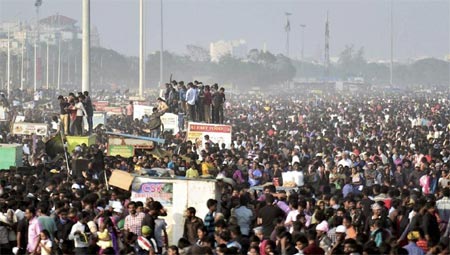
The 2017 pro-jallikattu protests saw numerous leaderless apolitical youth groups protesting in January 2017 in large groups in several locations across Tamil Nadu. The chief motivation of the protest was against the Supreme Court`s order to ban jallikattu, a traditional Tamil bull taming sport, which is held during Pongal. The sport was banned by the Supreme Court in a decision citing cruelty to animals based on a lawsuit filed by the animal rights activists group, People for the Ethical Treatment of Animals (PETA), which asserted that the tradition violates the Prevention of Cruelty to Animals Act(PCA).
The first large protests occurred on 8 January 2017, when several groups, organised largely via social media, conducted a protest at the Marina beach in Chennai to revoke the ban on jallikattu which was imposed in 2014. The protests soon gained momentum and spread all over Tamil Nadu. After several days of protests, jallikattu was finally legalised locally on 23 3 January when the Government of Tamil Nadu passed a bill to amend the PCA Act. As the legalisation is not Indian federal law, but rather state law, there is concern from Indian legal experts that jallikattu could be banned once again by the Supreme Court.
9. Baahubali becomes the biggest film of 2017:
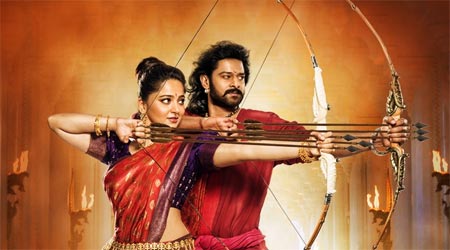
Baahubali 2: The Conclusion not just created a storm at the box office but also changed the way we look at our own films. This SS Rajamouli magnum opus made 2017 a historic year. The film, which collected more than Rs 1700 crore (all versions), had a box office journey worth taking note. This Prabhas-Rana Daggubati starrer had the biggest opening and its Hindi version has become the highest grosser in Bollywood too. Baahubali 2, the second and final installment in the bilingual franchise, came as a wakeup call for Bollywood. It ensured that Bollywood filmmakers and we as the audience get a reality check around the status-quo we�ve been living in around our so-called superstars and the mega-budget films which are all about commercial business, where nobody complains if content and creativity become secondary.
10. Chennai Rains:
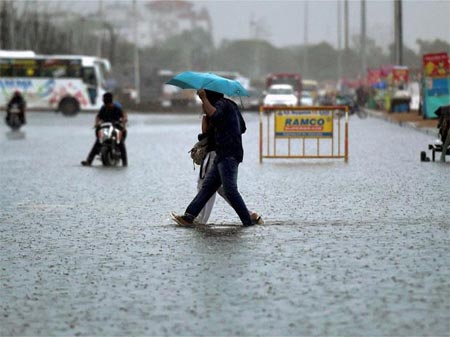
Chennai heaved a huge sigh of relief as rains stayed away from playing havoc after 2 years in a row. On November 4th, heavy rains lashed the city, raising fears of a repeat of 2015. However, what receded and normal life continued as authorities of volunteers joined hands to manage the situation.
11. NEET Exams:
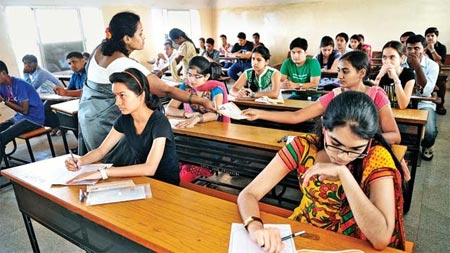
Protests against the suicide of a Dalit medical aspirant and anti-NEET court petitioner hit Tamil Nadu this year. Students and pro-Tamil activists resorted to road and rail blockade and boycotted classes in various districts like Tiruvallore and Kanchipuram. Protests were also held in Coimbatore city, Tiruchirapalli and Thanjavur. For nine years before the implementation of NEET, the Tamil Nadu government had abolished an entrance exam, granting admission to medical courses based on Class 12 state board marks, saying it allowed students from villages and small towns to enter medical colleges too and last year when the all India medical entrance exam was held for the first time, the Supreme Court had exempted Tamil Nadu from NEET, but this year it refused. This created enormous anti NEET protests across the State.
12. R.K. Nagar Elections:
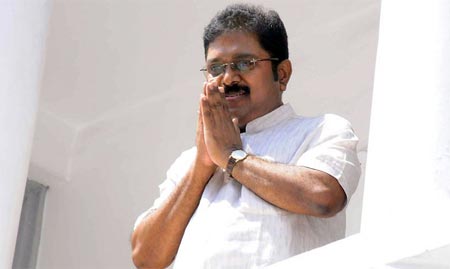
After much media and public scrutiny, TTV Dhinakaran won the RK Nagar by poll. The main battle was confined to the giants � TTV Dhinakaran and AIADMK veteran E Madhusudhanan. As many as 2,373 voters from the constituency did not want to vote for anyone and pressed the EVM button for None of the Above (NOTA).


